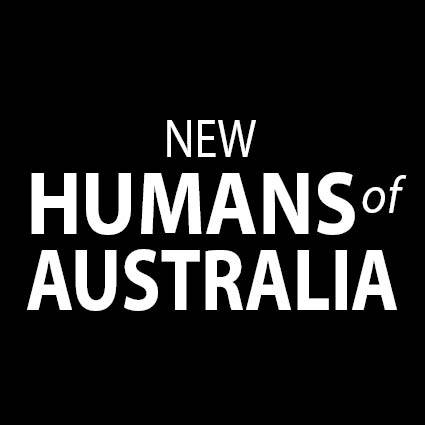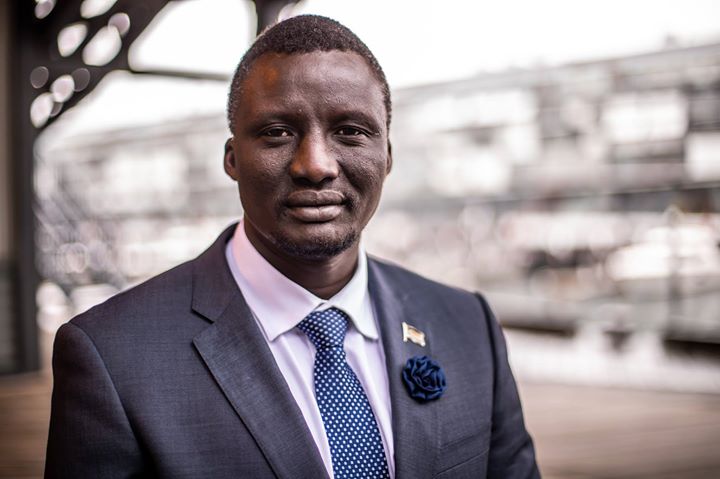When the second civil war broke out in Sudan, my father decided to send my brothers and I to Ethiopia, both for protection from abduction, but also because the Sudan People’s Liberation Movement (SPLM) had said we would receive an education there in refugee camps. At that time, many boys were walking with SPLM soldiers to guide them and protect them from hostile villages. But when my mother heard about the idea, she refused to send us alone, and decided to walk with us. It was a difficult walk, as we had to cross some rivers, and there was very little food or water along the way. At that time, I was 13, but some of the children were very young, and some had been walking for months, so they were very tired.
Three weeks later, we arrived in Ethiopia, in a place called Pinyudo. It was a small open space with only one empty store. At first, we sat down, and thought that we would be taken somewhere else. But every day, children kept coming, and nothing happened. There was no food there, so we just survived by eating leaves and roots of trees. Eventually, the local authorities sent a message for the aid workers to come and assess us, but it took them 6 months to arrive. While we were waiting, things became worse. Many children died each day from malnutrition and disease, and we were the ones to bury them. That was the worst time ever in my life.
Then the UN came, and a camp manager called Pieng Deng Majok came to manage us. We loved him because he started building schools. Most of the children started with ABCD, because they had never been to school before, but because my father was a policeman, I had studied for four years before.
When I was 15, we were taken to an SPLA military training camp for a month to get intensively trained as soldiers. For me, it was a very good time, as I was longing to grow up quickly so that I could join the army and stop the oppression of our people. A year later, I became a soldier on the frontline, where I stayed for 5 years. I saw a lot of my friends die in that time, but I have no regret, because I feel it was the right cause to fight for.
I had no desire to go to a refugee camp because for me that life was even worse than being on the frontline. But one day one of my cousins asked me to help take his young kids to the Kakuma refugee camp in Kenya. Then, when we got to the border, fighting broke out nearby, and he said, ‘Brother, you better come to Kakuma’. I had planned to go back to the frontline, but when I arrived, I could see that kids were going to school there, and because I had a desire to learn, I stayed.
I first started in year 6. It wasn’t easy to study there because there wasn’t enough food. The ration was officially for two weeks, but you could finish that ration in one day if you weren’t careful, so you had to skip some days without food to make it last. Four years later, my second youngest brother arrived in Kakuma. I also had a cousin there, and we shared everything we had, our food and even a bottle of water. When he was accepted to go to Canada, he didn’t forget me, and sent money for me to go to a better school in Nairobi outside of the camp, where I did my last two years of high school. In that time, my younger brother was also accepted to go to Australia.
Although my cousin kept supporting my living costs, he couldn’t afford university fees, so after high school, I had to stop my studies. I spent some of my time in the refugee camp and some of my time in Nairobi. As there was no work, there was nothing much to do. I eventually got married and had a son. Finally, when I was 31, my younger brother and a nephew of mine were able to sponsor us to come to Australia. It was an amazing feeling.
When I first arrived, I worked in casual jobs for a while, and then I got my first permanent job with DMF International, a roller door company, which I was very grateful for. I also wanted to continue my studies, so I did English at TAFE, followed by a Bachelor of Social Science, majoring in Peace and Development Studies. Next, I did a double Masters in Policing Intelligence and Counter-Terrorism, and International Security Studies. Now, I’m looking for a job in this field. My dream job would be to work for the UN in either the peace keeping forces or at one of the refugee camps, so that I can help people like myself.
For the last 4 years, I have been the leader of the Bor Community Association in NSW. We help new arrivals by picking them up from airports, connecting them to government services, and helping them get jobs. We also work with the youth in the community and solve local issues together. I love helping my people to connect to the system. It takes up a lot of time, but I don’t mind because when you are helping someone, it’s a good feeling.
It has been a good life here, with good people. We were well received and we are all happy to have clean water, enough food, and access to medicine. But we also can’t stop thinking about those who are still left behind, so for us there is always some sadness in our happiness.
Karakon
South Sudan
Arrived 2004
Photographer: Kurt Tilse www.instagram.com/kjtilse
This month, we are bringing you a series of stories commissioned by TransferWise for their incredible Faces of Australia campaign, celebrating the contributions of migrants to Australia. Find out more about this exciting project here: https://transferwise.com/community/facesofaustralia
#refugee #refugees #refugeescontribute #SouthSudan #Sydney #Australia #inspiration #innovation #storiesnotstereotypes #Transferwise #moneywithoutborders

